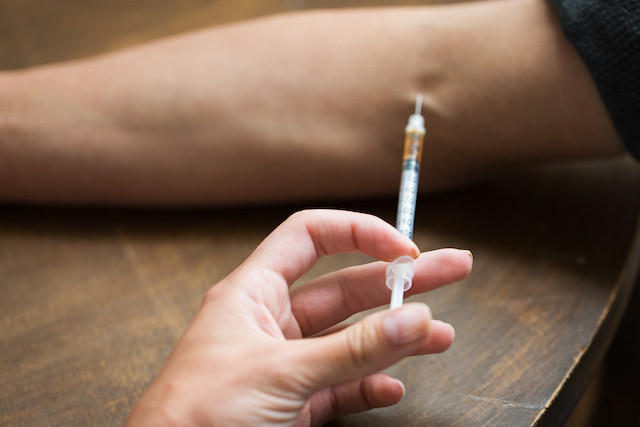The annual Aids, heptatitis and STD surveillance committee activity report, published on Thursday, traced three new HIV infections to drug use in 2019, though the infections occurred prior to 2019.
“A major effort has been made at the drug treatment sites to increase testing coverage, prevention and harm reduction means and access to antiretroviral treatment for this vulnerable population, which is in a precarious situation thanks to better adapted community projects,” the government wrote in a press statement.
Total new infections stabilised at 49, the same figure recorded in 2018. The report found “no significant decrease in new infections due to homo/bisexual contamination.”
The government called for ongoing vigilance to contain the spread of HIV/Aids particularly since the covid-19 lockdown in 2020 has “had a definite impact on the testing strategies put in place in the country,” said Aids committee president Dr Carole Devaux.
“We must now redouble our efforts to increase testing coverage. In this context, Testing Week (20-27 November) takes on its full meaning.”
It is estimated that 15% of infected people in Luxembourg are unaware that they are HIV positive. During European Screening Week people can get tested free of charge in the following ways:
- Screening by blood samples taken at the hospital or in a laboratory (6 weeks after a risk of HIV infection).
- Screening by rapid diagnostic orientation test (TROD) at the HIV Berodung or in the mobile service, Dimps (from 12 weeks after a risk of HIV infection). This method involves taking a drop of blood from the fingertip.
- Self-testing (from 12 weeks after a risk of HIV infection). This method allows the person to test at home, in complete confidentiality. Since July 2019, HIV self-tests are available in Luxembourg in pharmacies and since November in Cactus supermarkets.
During the week of testing, it will be possible to do a blood test, without prescription and free of charge in the following laboratories: Ketterthill, Bionext and throughout the year at the National Health Laboratory in Dudelange.
HIV Berodung offers testing every Monday and Wednesday from 5-7pm on its premises (94, boulevard Général Patton, L-2316 Luxembourg), as well as at the Centre LGBTIQ+ CIGALE (16, rue Notre-Dame, L-2240 Luxembourg) every Thursday, 12:30-2:30 pm.
In order to limit physical travel, the HIV Berodung service of the Luxembourg Red Cross has also set up an HIV self-test by post. The request can be made by telephone on (+352) 27 55-45 00 or by e-mail to: [email protected]
